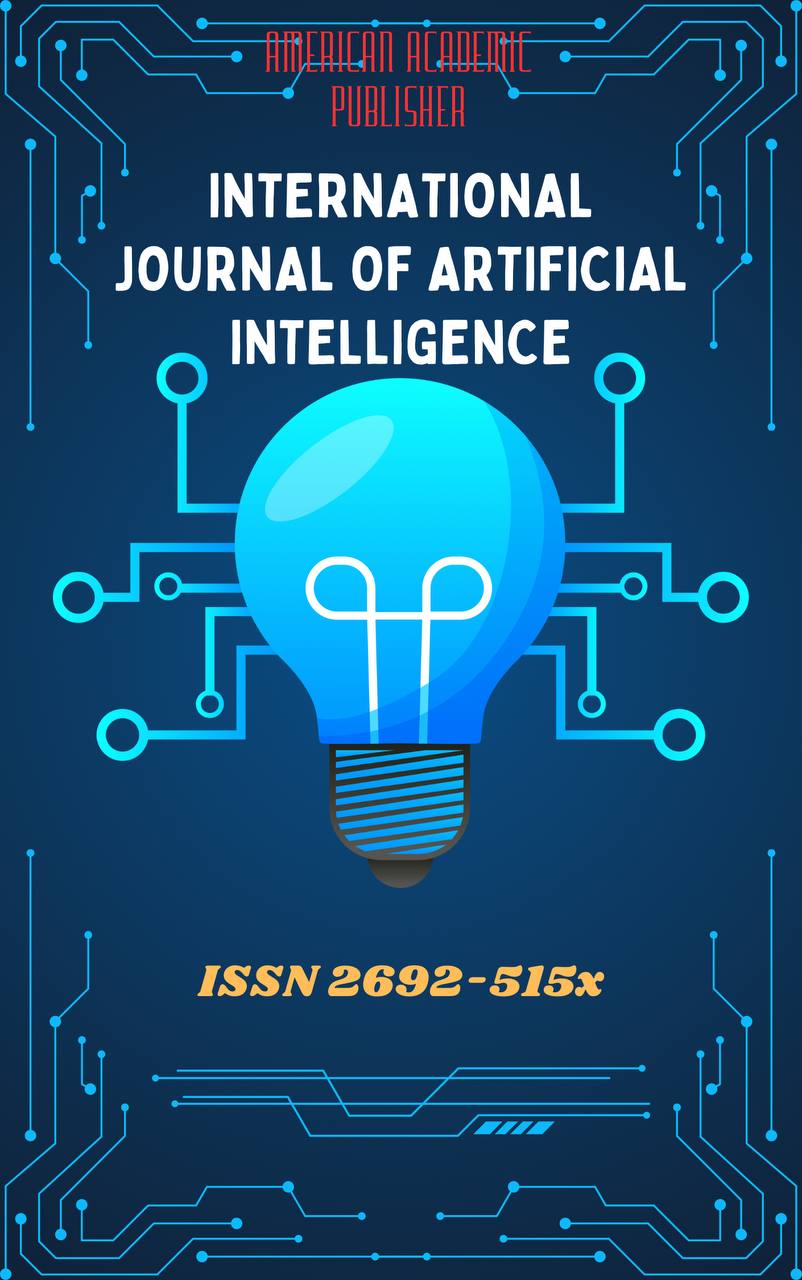 Articles
| Open Access |
Articles
| Open Access | OPPORTUNITIES FOR INTEGRATING TRADITIONAL MEDICINE WITH MODERN MEDICINE CONTENT: THE INTEGRATION OF TRADITIONAL HEALING METHODS WITH MODERN MEDICAL DIAGNOSTICS AND THEIR COMPLEMENTARY ASPECTS
Shodmonova Aziza Adiz qizi , Scientific Secretary of the Department of Scientific Research and Innovations Bukhara State Medical InstituteAbstract
This article explores the global evolution, significance, and integration of traditional medicinal systems with modern medical practices. Traditional medicine, which relies on natural materials such as plants, minerals, and animal products along with practices like Ayurveda, yoga, acupuncture, and naturopathy, is contrasted with conventional medicine in terms of philosophy, methodology, and regulatory frameworks. The article highlights the increasing post-pandemic global interest in merging traditional and modern systems for more holistic and personalized healthcare. A detailed analysis is provided on the safety, efficacy, and standardization challenges associated with herbal medicines, emphasizing the role of regulatory frameworks such as WHO guidelines and international cooperation bodies. The piece also surveys global models of integration, such as those in China, India, South Korea, Vietnam, and several African nations. The Uzbek government’s active steps, including policy implementation and legal frameworks (2018–2023), to promote traditional medicine are showcased. Finally, the article emphasizes that successful integration depends on research, training, policy support, and harmonized standards to ensure equitable healthcare access and scientific validation of traditional knowledge.
Keywords
Traditional Medicine, Herbal Medicines, Modern Medicine, Integration of Healthcare Systems, Ayurveda, Traditional Chinese Medicine (TCM), Complementary and Alternative Medicine (CAM), WHO Guidelines, Medical Regulations, Health Policy, Herbal Drug Standardization, Personalized Medicine, Medical Education, Uzbekistan, Traditional Medicine, Ethnomedicine, Healthcare Strategy, Clinical Trials, Global Health Systems, Phytotherapy, Evidence-Based Traditional Medicine
References
Nanda, S. (2023). Integrating traditional and contemporary systems for health and well-being. Annals of neurosciences, 30(2), 77-78.
Yuan, H., Ma, Q., Ye, L., & Piao, G. (2016). The traditional medicine and modern medicine from natural products. Molecules, 21(5), 559.
Harfiani, E., Puspita, R., & Prabarini, I. R. S. (2025). Herbal Medicine Usage During the COVID‐19 Pandemic in Indonesia: Trends and Determinants. The Scientific World Journal, 2025(1), 1639500.
Zhang, Z., Li, R., Chen, Y., Yang, H., Fitzgerald, M., Wang, Q., ... & Luo, L. (2024). Integration of traditional, complementary, and alternative medicine with modern biomedicine: the scientization, evidence, and challenges for integration of traditional Chinese medicine. Acupuncture and Herbal Medicine, 4(1), 68-78.
Balkrishna A, Singh N, Pathak S, et al. Research on traditional medicine: what has been done, the difficulties, and possible solutions. Evid Based Complement Alternat Med. 2014;2014:495635.
Ekor, M. (2014). The growing use of herbal medicines: issues relating to adverse reactions and challenges in monitoring safety. Frontiers in pharmacology, 4, 177.
Xu Q, Bauer R, Hendry BM, et al. The quest for modernisation of traditional Chinese medicine. BMC Complement Altern Med. 2013;13(1):1–11.
Kendall DE. Dao of Chinese medicine: understanding an ancient healing art. Acupuncture in Medicine. Oxford University Press; Oxford, UK; 2002.
Ikram RRR, Ghani MKA. An overview of traditional Malay medicine in the Malaysian healthcare system. J Appl Sci. 2015;15(5):723–727.
Ma Y, Zhou K, Fan J, et al. Traditional Chinese medicine: potential approaches from modern dynamical complexity theories. Front Med. 2016;10:28–32.
Wang, H., Chen, Y., Wang, L., Liu, Q., Yang, S., & Wang, C. (2023). Advancing herbal medicine: enhancing product quality and safety through robust quality control practices. Frontiers in pharmacology, 14, 1265178.
Mukhamedova, N. (2024). Features of the development of traditional medicine. Science and innovation, 3(D9), 155-158.
The State Administration of Traditional Chinese Medicine of the People's Republic of China. Anthology of policies, laws and regulations of the People's Republic of China on traditional Chinese medicine. Shangdong: Shangdong University; 1997.
Cho HJ. Traditional medicine, professional monopoly and structural interests: a Korean case. Soc Sci Med. 2000;50:123–135. doi: 10.1016/s0277-9536(99)00284-1
Kumar S. India's government promotes traditional healing practices. Lancet. 2000;335:1252.
Osuide GE. Regulation of herbal medicines in Nigeria: the role of the National Agency for Food and Drug Administration and Control (NAFDAC). Paper presented at the international conference on ethnomedicine and drug discovery. Silver Spring MD, Nov 3-5, 1999.
Straits Times. Kuala Lumpur, Malaysia, Nov 14, 2000.
Chi C. Integrating traditional medicine into modern health care systems: examining the role of Chinese medicine in Taiwan. Soc Sci Med. 1994;39:307–321. doi: 10.1016/0277-9536(94)90127-9
Song, Y., Mirrakhimov, J. A., Kayumov, K. N., Song, J., & Chae, H. (2025). A review on the past, present and future of Traditional Medicine of Uzbekistan. The Journal of Korean Medicine, 46(2), 20-39.
20 Bodeker, G. (2001). Lessons on integration from the developing world's experienceTraditional medicine. Bmj, 322(7279), 164-167.
Article Statistics
Downloads
Copyright License

This work is licensed under a Creative Commons Attribution 4.0 International License.

